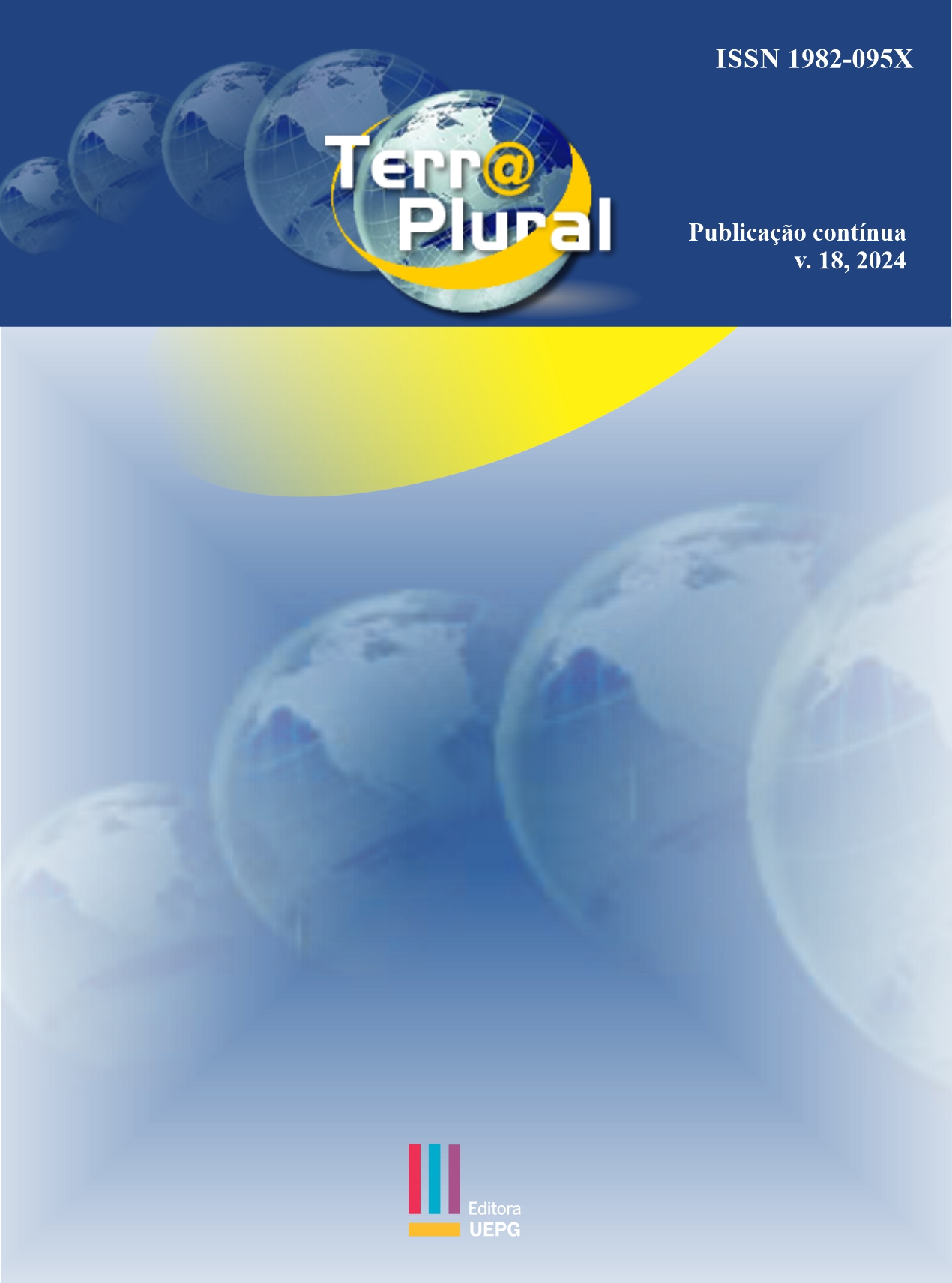Indications of gentrification in the city of Ponta Grossa, PR
an analysis based on the relationship between municipal urban legislation and transformations in urban space
DOI:
https://doi.org/10.5212/TerraPlural.v.18.2422539.010Keywords:
Urban policy, Urban planning, Zoning, Socio-spatial inequality, VerticalizationAbstract
This article is part of the research area of urban studies, especially regarding the production of space. Based on an investigation of the amendments to the previous zoning legislation for the city of Ponta Grossa (Law nº 6.329/1999), the research hypothesis was that the legal amendments, aimed at private investment, functioned as an instrument of access to the use and occupation of land and aimed primarily to serve the interests of real estate capital. With the settlement of the different zoning of urban land, different appropriations of the city by different classes were allowed, thus facilitating, and stimulating the possible occurrence of gentrification processes. We use the dialectical method, combined with bibliographical and documentary research, to compare local legislation to recent approvals of developments in the locations altered by the law. We found that, through the legislation, the interests of real estate capital were given priority, especially in terms of high-end verticalization, once by granting access to the use and occupation of land in the best locations in the city, a selective valorization of spaces was promoted. So, this pointed the possible occurrence of gentrification in the affected locations, thus revealing the contradictions between the spatial results of the legislation and the ideal of developing more socially just cities.
Downloads
Downloads
Published
How to Cite
Issue
Section
License
Copyright (c) 2024 Thais Sanson Sene, Lúcia Cortes da Costa, Sandra Maria Scheffer

This work is licensed under a Creative Commons Attribution-NonCommercial-NoDerivatives 4.0 International License.
Revista Terr@ Plural will obtain the auctorial rights for all published texts. This also implies that the text can be published anywhere in the world, including all rights on renewal, expansion, and dissemination of the contribution, as well as other subsidiary rights. The authors get permission to publish the contribution in other media, printed or digital, it may be in Portuguese or translation since the publication is credited to Revista Terr@ Plural. It allows the self-archiving of published articles in institutional repositories, thematic repositories, or personal web pages in the pdf version downloaded from the journal's site.















